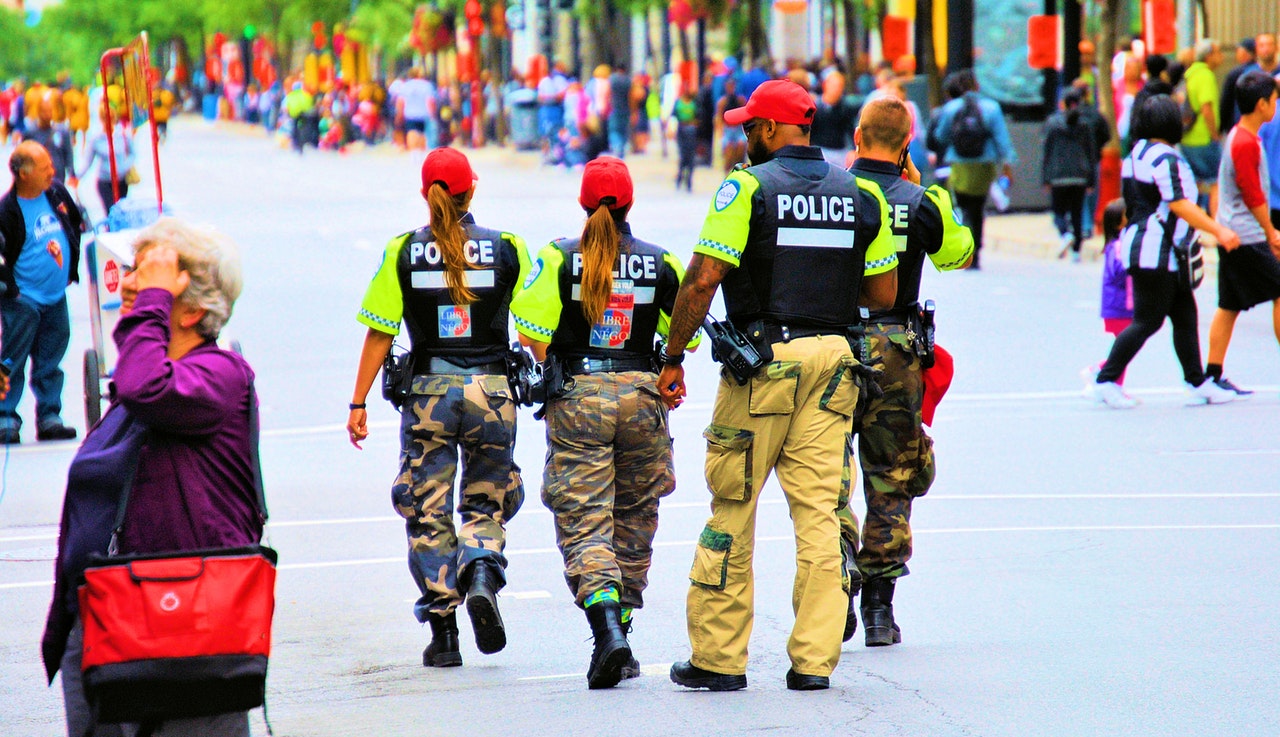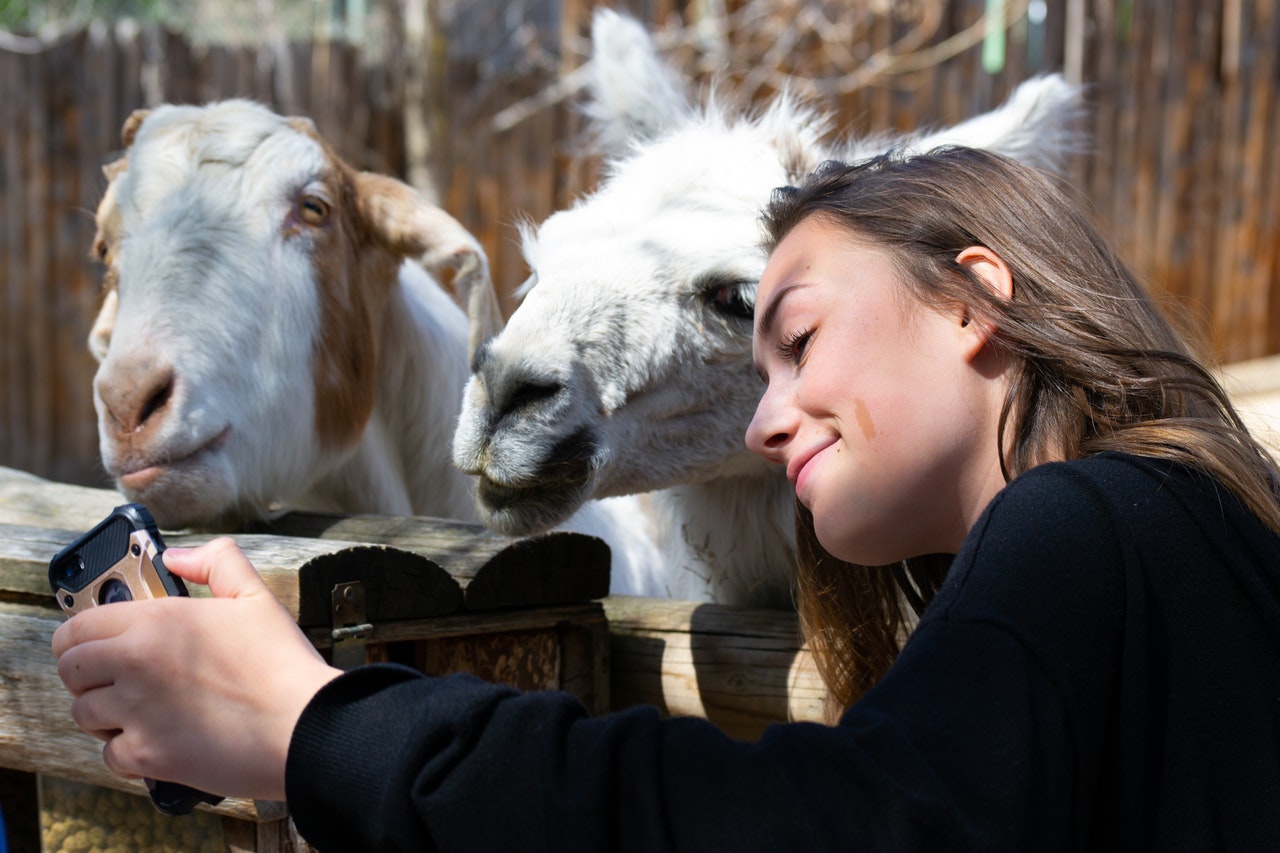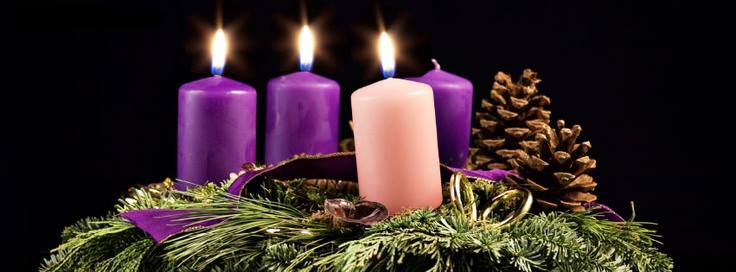Cycle A | Advent | Week 2
REFLECTION
– By Fr Ugo Ikwuka
Archway, London
An African proverb notes that “A fish grows by eating another.” The philosopher Thomas Hobbes underscored this disturbing human condition with his observation that “man is a wolf to man.” The Prophet Isaiah reflects this state of affairs in this Sunday’s First Reading as he speaks of the human community in terms of predators and their preys; wolves and lambs, leopards and kids, lions and calves, bears and cows. Yet, as a man of vision, he sees beyond the way things are to the way things can be.
Indeed, to the delight of vegetarians, some have argued, based on Genesis 1: 29-30, that before the fall, all animals were non-flesh eating (herbivores). In the passage, God had said (to man), “I give you every seed-bearing plant on the face of the whole earth and every tree that bears fruit with seed. They will be your food. And to all the beasts of the earth and all the birds in the sky and all creeping creatures – everything that has the breath of life in it – I give every green plant for food.”
What is clear though is that following the fall, man has selfishly exploited creation entrusted to his care and thus perverted the whole purpose for creation. As long as man lived like this, true love could not exist in the world as the only concept of life was to take not to give. Jesus came to redeem creation; to seek and restore that which was lost (Luke 19: 10).

Isaiah recounts his vision of the Lord’s day. It is a regime of justice and peace, free from danger or fear. He says, “Then, the wolf shall live with the lamb, the leopard shall lie down with the kid, calf and lion cub feed together with a little boy to lead them.” In other words, all who are now enemies (peoples, communities, nations) will live in friendship and peace will flourish.
Many would yell “Impossible!” The wolf can never live in peace with the lamb because it is in the nature of the wolf to eat the lamb. True. But that is why it requires a radical transformation of our human nature to make it possible. We need a completely new heart. This radical transformation is possible by God’s grace. Yes, grace transforms nature. But strange as it may seem, God expects our co-operation with His grace to make it happen.
It is to that cooperation that John the Baptist invites all in today’s Gospel with the message “Repent, for the kingdom of heaven is close to hand.” The Gospel recalls that the same prophet Isaiah had spoken of John as, “A voice (that) cries in the wilderness: Prepare a way for the Lord, make his paths straight.” This path is not made on land but in the heart. It is not built in the wilderness but in one’s life. It is a call to radical conversion; a radical change in thinking, attitude, and behaviour.
It is not just an invitation to repentance which is merely being sorry for a wrong done or remorse which is simply a temporary regret about our unworthy behaviour. Indeed, the psychologist William James reached the conclusion that the greatest discovery of his generation is that human beings can alter their lives by altering their attitudes of mind. It is only through radical conversion (that entails giving up of supposedly natural privileges) that the flesh-eating lion and bear could eat grass like the cow. They lose their hunger for flesh and their thirst for blood.

It is through such radical conversion that the wolf can live in peace with the lamb. Only then can the strong accept the weak as equals with an equal right to life and well-being. Isaiah is not talking of “tolerating” or putting up with” the other. The peace of this new order is not merely an absence of war or friction but one of harmonious live-and-let-live based on justice and mutual recognition that everyone has got the right not only to life but also to the good life.
The “natural” privileges we need to set aside include, for instance, circumstances of birth (you are born white or black, tall or short) which one has no hand in, but which some can base on to feel superior. We may also operate consciously or unconsciously in our personal and business life on the principle that for us to win someone else has to lose. The new world order which the prophets envision is founded on the principle that we can all be winners.
Indeed, a lot goes on that makes Christmas the unique celebration it is: the shopping, the gifts, the cards, the decorations, the cooking, and of course Santa. Yet, as Advent means “coming” if this season is to be truly meaningful, there has to be a genuine coming of Jesus into our lives both as individuals and as a community. God very much wants to come to us and we want to receive him but usually on our own terms.
We wish to remain attached to habits and attitudes which are unworthy of us and hurtful to others. Like Saint Augustine, we are inclined to say, “Change me, Lord… but not yet.” Such hesitation is most unfortunate because an unqualified reception of the Lord (radical conversion) can provide far more happiness and peace than all the objects of our sinful attachments. Let us seize the moment.




